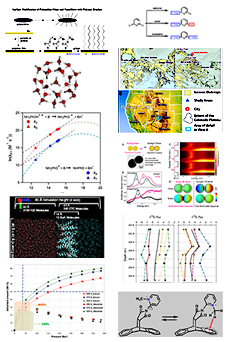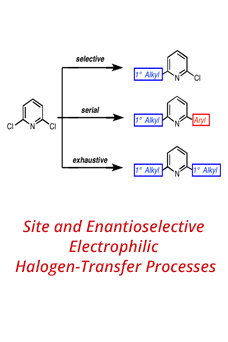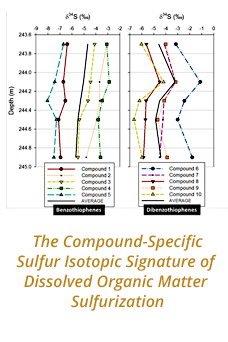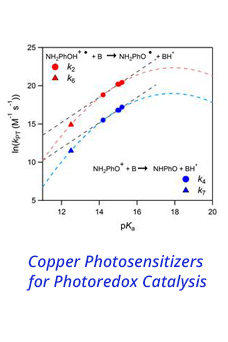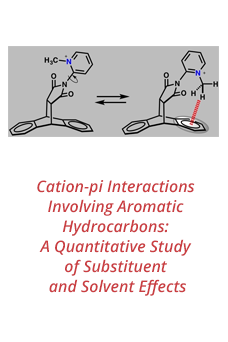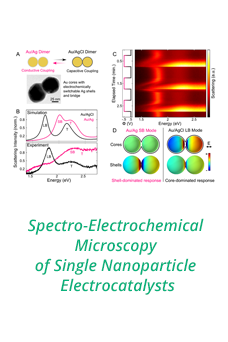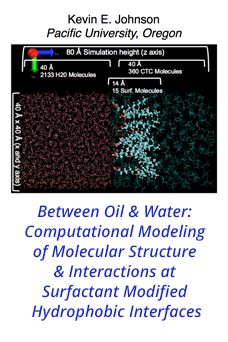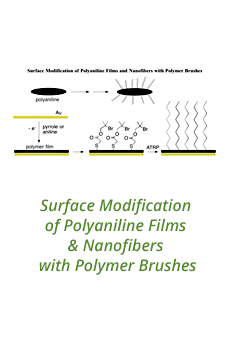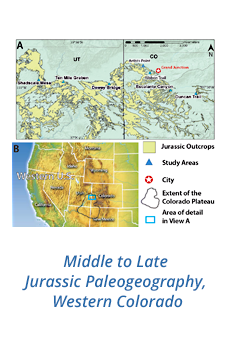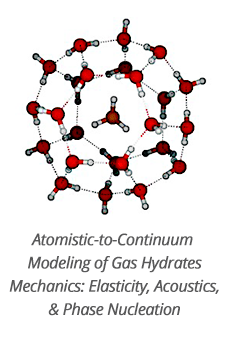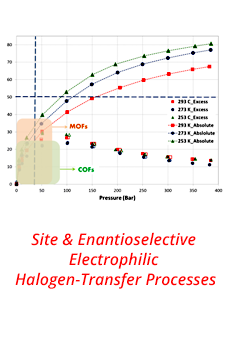Reports: SES54160-SES: ACS Summer School on Green Chemistry and Sustainable Energy
Mary Kirchhoff, PhD, American Chemical Society
The ACS Summer School on Green Chemistry and Sustainable Energy was held at the Colorado School of Mines in Golden, Colorado, June 21-28, 2016. Participation in the Summer School is open to graduate students and postdoctoral scholars from the U.S., Canada, and Latin America. Fifty-four graduate students and postdoctoral scholars, selected from a record 170 applicants, participated in the 2016 program. Applicants submitted a curriculum vitae, unofficial transcript of graduate courses, letter of nomination from a faculty member, and a one-page essay describing their interest in green chemistry and sustainable energy.
Students participated in a series of interactive lectures presented by experts on green chemistry and sustainable energy. Staff from the American Chemical Society’s Petroleum Research Fund and Education Division provided information on proposal writing and careers, respectively. The instructors and titles of their presentations are provided below:
Eric Beckman, University of Pittsburgh
· Building Your Own Business: From Green Science to Green Innovation
Joan Brennecke, University of Notre Dame
· Greening Fossil Fuels
· Energy Applications of Ionic Liquids
David Constable, ACS Green Chemistry Institute®
· Sustainable and Green Chemistry by Design
· Greening Your Research – Practical Tools You Can Use Now
Ray Garant, American Chemical Society
· Science Policy
Margaret Grow-Sadler, American Chemical Society
· ACS Resources for Graduate Students and Postdoctoral Scholars
Jim Hutchison
· Weaving Green Chemistry into Nanotechnology: Product Innovation for Nano-Enabled Textiles
· Greening Chemistry Education: Small Steps, Large Changes, and a Roadmap for the Future
Philip Jessop, Queen’s University
· Choosing the Greenest Synthesis
· Greener Solvents
Mary Kirchhoff, American Chemical Society
· Green Chemistry: Principles and Practice
Burt Lee, American Chemical Society
· Writing Competitive Research Grant Proposals
Bryan Pivovar, National Renewable Energy Laboratory
· Fuel Cells
Ryan Richards, Colorado School of Mines
· Zen and How to Get a Job, Keep a Job, and Maybe Even Prosper in the Chemical Sciences
Josh Schaidle, National Renewable Energy Laboratory
· Biomass Utilization: Opportunities and Challenges
Bill Tolman, University of Minnesota
· From Renewable Plastics to Improving the Culture of Safety: Applying the Principles of Green Chemistry
Student groups engaged in a modified Life Cycle Assessment (LCA) exercise led by Philip Jessop of Queen’s University. The groups assessed alternate routes to the same target molecule with respect to metrics such as bioaccumulation, ozone depletion potential, global warming potential, and persistence. Students gave oral presentations on the results of their exercise to the entire Summer School.
Poster sessions provided an additional opportunity for students to share their research and gain insights into greener approaches to research. Forty-one students presented their research during two evening poster sessions.
The Summer School has been running continuously since 2003, and participants continue to rate the program very highly. In response to the statement, “The best thing about the course was…” students offered the following observations:
· The variety of topics and the engagement that the speakers were able to elicit. I learned a lot of new ideas that I had never been exposed to before.
· LCA analysis, painful but very interesting and useful tool for the future.
· Learning about new topics and how to ACTUALLY make an impact on chemistry.
· The program not only incorporates “green chemistry” knowledge but also covers some other interesting topics such as policy making, job requirement(s), etc. And it is a great opportunity to meet with peers and professionals.
Students provided suggestions for improving the program, such as including more diverse speakers, more time for discussion, and presenting more international contexts. Participants also suggested additional topics (biobased feedstocks, pharmaceutical processes, industrial green chemistry, semiconductors, etc.) for future Summer Schools.
The appreciation of the students for this program was summarized by the comments of several students, who wrote
· For me this was a life changing experience. Thank you so much for all the effort!
· I personally feel this program is going to make a very large, real difference in the quality of my science career. Well put together and overall extremely fun and useful.
· This was amazing! Far exceeded my expectations.

